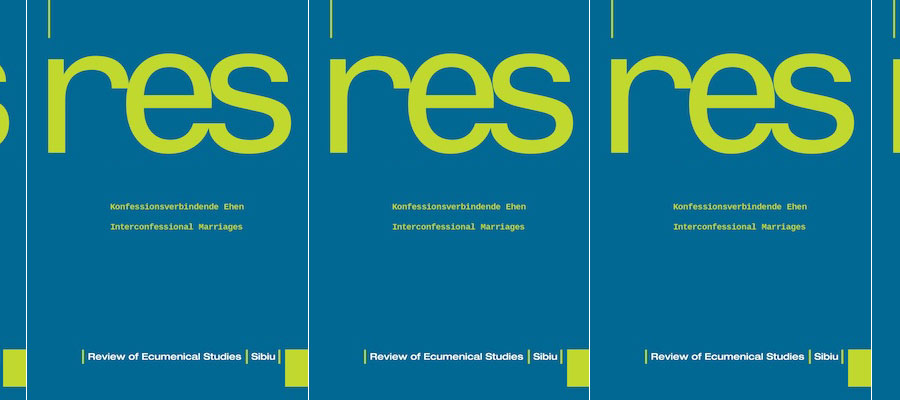Dynamics of Tradition and Liberty in Byzantine Liturgy: 40 years after Alexander Schmemann, Review of Ecumenical Studies (RES) 1/2023, guest editor: Hieromonk Petru Pruteanu
Although Alexander Schmemann did not set out to be a "scholar", his genius and prophetic vision of the Orthodox Church’s liturgical life places him above more well-known scholars. However, the critical eye of later scholars found, and will still find, various inaccuracies, anachronisms, or errors in his works. Some of his proposals, especially in majority-Orthodox countries, are often still seen as "dangerous liberal innovations". These judgments stem from a misunderstanding of the eschatological and pastoral dimension of the Liturgy, at least as Schmemann saw it, but also from too much preoccupation with the letter of the typical and the form of the rites and gestures, which Fr Alexander approached in a free manner, being focused not on the process, but on the finality.
In a 2013 interview, Robert Taft said about Schmemann: "Fr. Alexander was a charismatic man... The resonance that, to this day, his work produces, I would call 'the Schmemann phenomenon'. Nowadays it is virtually impossible to hear a lecture on the Liturgy or the life of the Church without some quotation or idea from Schmemann. In this respect, indeed, he is without equal."
The year 2023 marks the 40th anniversary of Fr Alexander Schmemann’s passing (1921-1983). He was a leading figure of Russian Orthodoxy in exile, professor of liturgy and Church history, and author of numerous books and articles translated into several languages.
This special issue of Review of Ecumenical Studies (RES) is dedicated to the complex personality and legacy of Alexander Schmemann. More widely, we invite the authors to reflect on the constant tension between word and spirit, between old and new, between tradition and liberty among liturgical practice and liturgical studies in the Orthodox milieu.
Contributions should be between 3500 and 6000 words. The submission deadline for complete articles is November 15, 2022.
